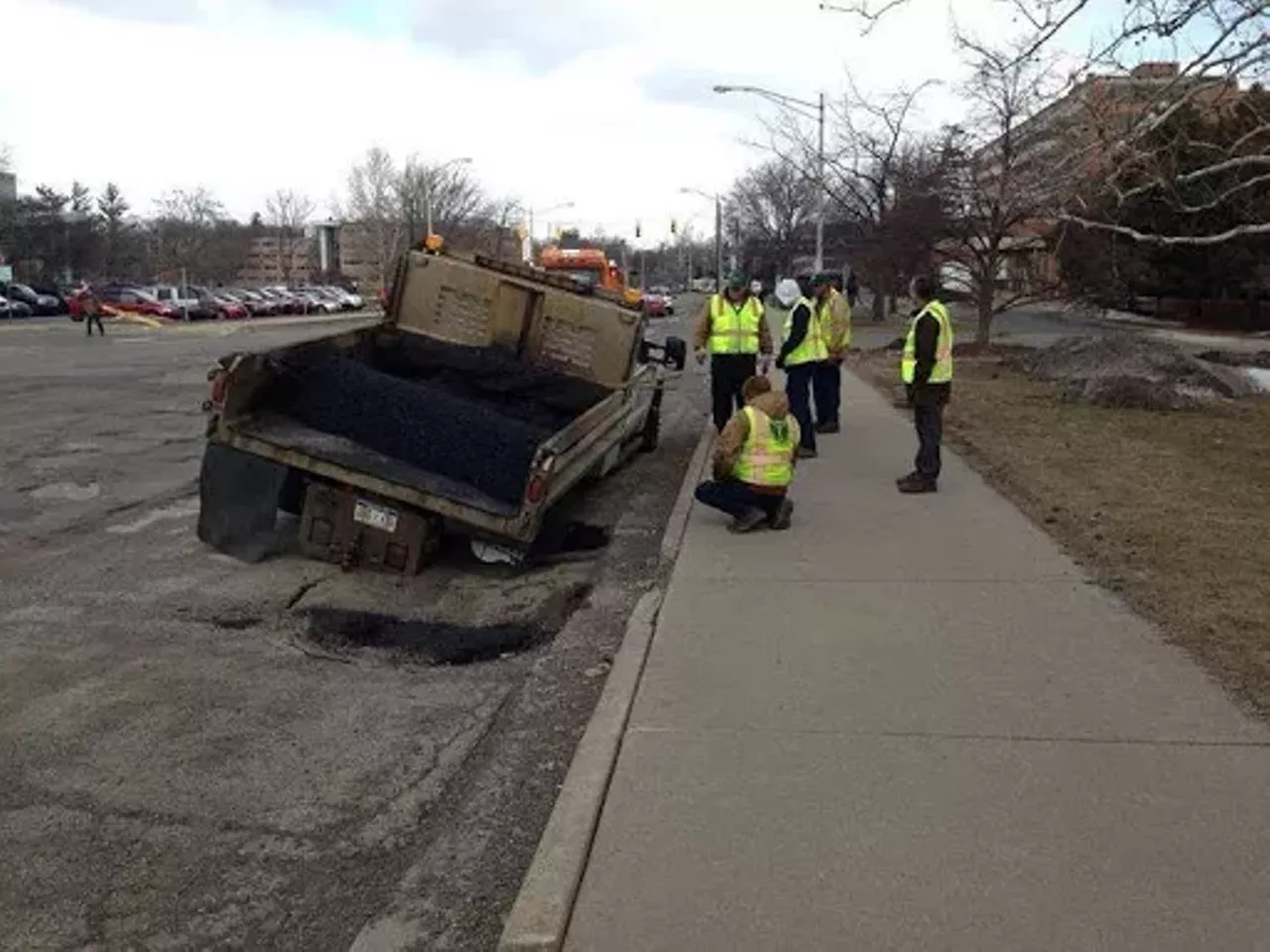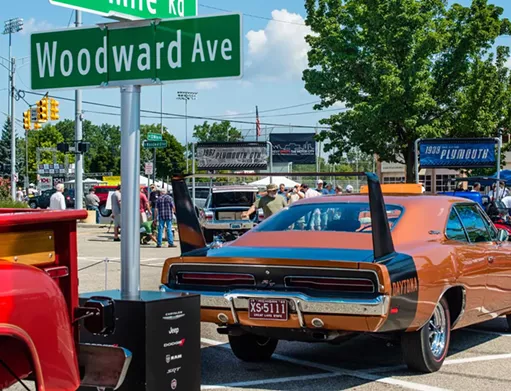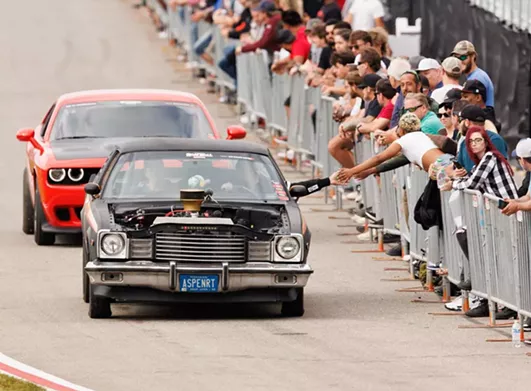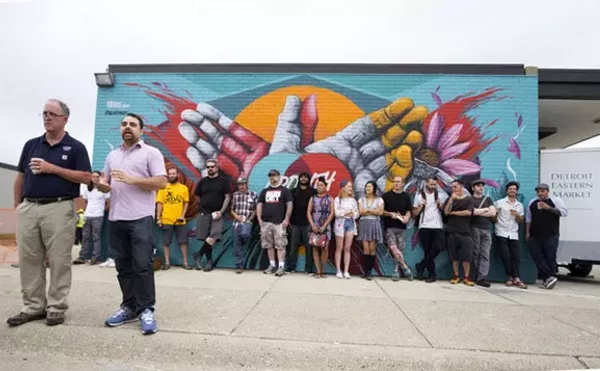Here's the good, the bad, and the ugly in this very strange city we live in.
20 things that are weird everywhere except Detroit
By Metro Times editorial staff on Fri, May 17, 2019 at 8:47 pm
Scroll down to view images

Juggalos
Whoop whoop! Those Faygo-loving people wearing clown makeup? No need to be afraid — those are the Juggalos, the jolly fans of the Detroit rap duo Insane Clown Posse. They’re also quite possibly metro Detroit’s most misunderstood subculture, having been labeled as a "loosely organized hybrid gang" by the United States Department of Justice in its 2011 National Gang Threat Assessment. In 2014, the group filed a lawsuit with the ACLU against the DOJ and the FBI. In 2017, an appeals court dismissed the suit, though the ACLU encourages Juggalos to sue local police over individual cases of discrimination.Photo by Josh Justice
1 of 20

Pizza is a square, not a circle
Deep, thick, cheesy, and crispy — Detroit-style pizza is giving thin New York pizza a run for its money. The Detroit style is catching on in other states, too, with Detroit Pizza in Washington taking the crispy dish across the country and proving that Detroit pizza is the elite pizza.Photo via Mike’s Pizza Bar / Facebook

More awesome musicians per capita than anywhere else
When it comes to the sheer amount and variety of music produced, not many cities can hold a candle to Detroit. Talk about "kicking out the jams" — from Motown to Iggy and the MC5 to techno to the White Stripes to Danny Brown, Detroit done kicked 'em out. And just as rock 'n' roll has always been a melding of Black and white roots music, the racially mixed working-class town seemed to thrive on that fusion. You can find great local music any day of the week, from cool jazz at Willis Show Bar or the Raven Lounge to high-octane rock at PJ’s Lager House or the Outer Limits Lounge — among many others.Photo by Joe Alcodray
4 of 20
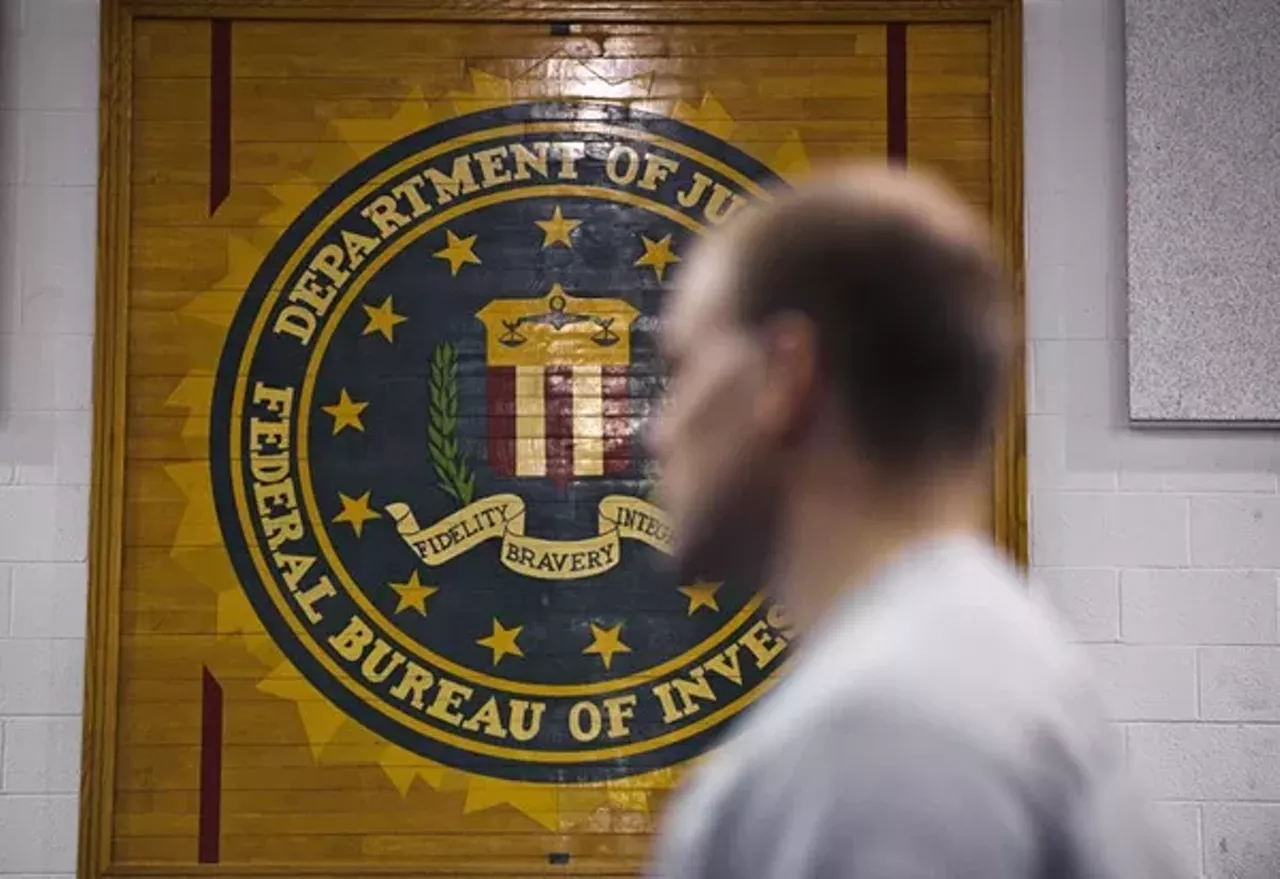
Government corruption
The FBI is currently conducting an ongoing and wide-sweeping corruption investigation in Detroit and its suburbs, which has already led to 17 convictions and criminal charges against at least 22 public officials and contractors. No, this is not normal. In 2012, the FBI assembled the Detroit Area Public Corruption Task Force, a team composed of local, state and federal law enforcement. At the time, Andrew G. Arena, the then-special agent in charge of the FBI's Detroit office, declared war on corruption, saying it had become a "generational, systemic part of the culture" of southeast Michigan. Elected officials: Do better!Photo courtesy of the FBI
5 of 20
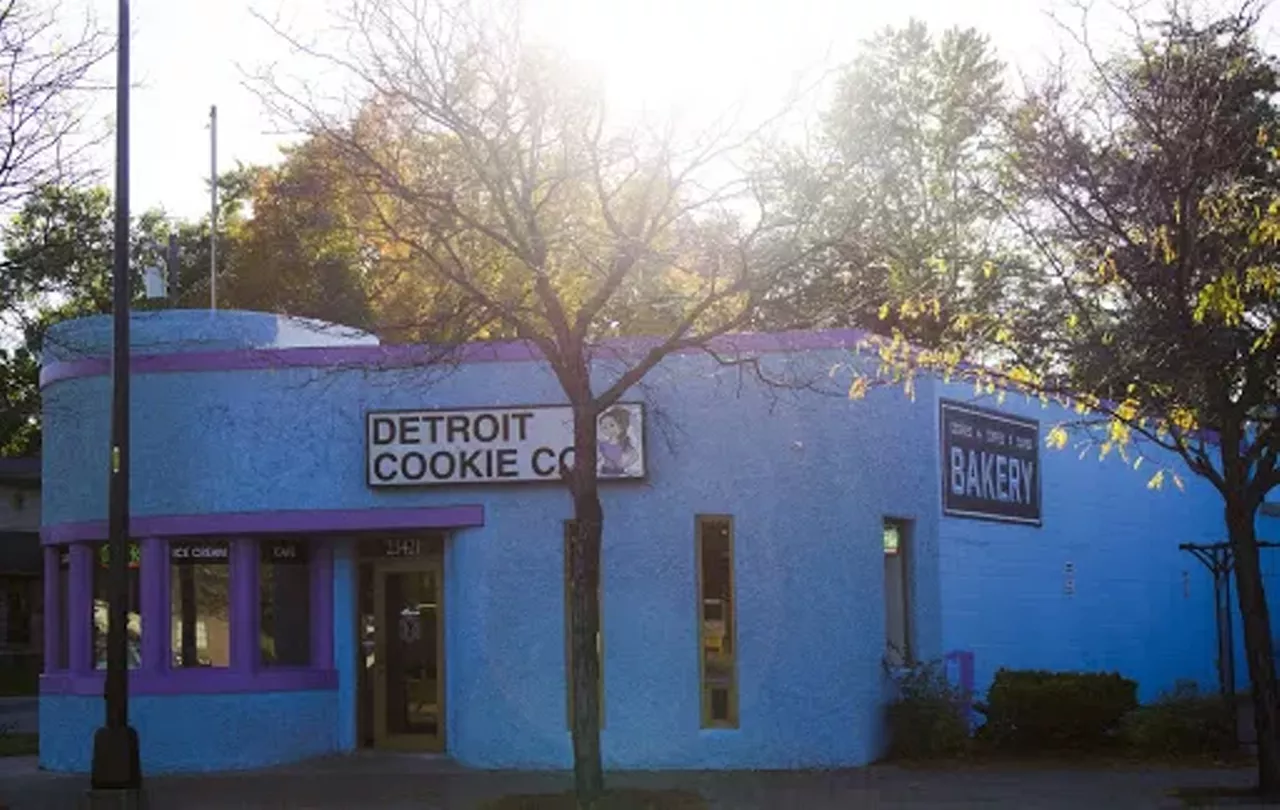
‘Detroit’ this, ‘Detroit’ that
It seems that every Detroit company is incredibly proud to be based in Detroit. With Detroit Cookie Company & Cafe, Detroit Ham & Corned Beef Co., Detroit Shipping Company, and so on, every company seems to want to cash in on that Detroit cred — even the ones located in surrounding cities, like Ferndale’s Detroit Axe.Photo via Detroit Cookie Company & Cafe / Facebook

A state park that’s also a racetrack
The annual Grand Prix is increasingly controversial, with more and more people demanding that the race be moved off of Belle Isle. Race organizers have claimed that they've made millions of dollars worth of improvements to the island, and champion the race’s alleged economic impact on Detroit. But some park-goers don't see widened roads, a 100,000-square-foot-concrete paddock, wider sidewalks, and other changes that have desecrated the green space as "improvements" — especially when the weeks of construction for the race eat into our few precious warm months here.Photo by Tom Perkins
7 of 20

The corned beef egg roll
The dish's name doesn't deceive — Detroit's corned beef chefs fold an egg roll wrapper around a small pile of razor-thin corned beef, then dips the package into a deep fryer until it is crisp. In its original form, the cured meat is accompanied by gooey, white cheese like mozzarella or Swiss. Each restaurant offers variations; some are stuffed with cabbage, ground beef, or steak. The dish is not quite at coney dog status, but it could be argued that it's on its way. You can find them at Asian Corned Beef, Bread Basket, and other delis around town.Photo via Detroit Ham & Corned Beef Co. / Facebook

Gilbertville
Since 2010, businessman Dan Gilbert has bought and redeveloped about 100 buildings in and around downtown Detroit, many of which were previously underused or derelict. Gilbert has undeniably injected a new life into downtown Detroit, with streets that were once empty now bustling with activity. But it’s given Gilbert an outsize influence in Detroit: It's been reported that Gilbert owns more of a major city's downtown than anyone in modern American history. Hell, Mayor Mike Duggan even once referred to Dan Gilbert as his boss in response to questions about the tax incentive package Gilbert assembled to attempt to lure Jeff Bezos' second headquarters for Amazon. It's fair to ask why public officials gave Gilbert — a private businessman who's not accountable to taxpayers — authority to decide how to spend hundreds of millions of public dollars.Photo via Flickr user TechCrunch
9 of 20

Exorbitant car insurance
Detroit, the nation’s most impoverished big city, has the highest auto insurance rates in the nation. The average annual premium is $5,414, compared to $1,427 nationally. As a result, Detroiters on average spend 18 percent of their income on auto insurance. In some Detroit ZIP codes, auto insurance soaks up 36 percent of drivers’ income. Anything beyond 2 percent is “unaffordable,” according to the U.S. Treasury Department’s Federal Insurance Officers. It’s no wonder, then, that an estimated 60 percent of Detroiters drive without insurance. That’s compared to 13 percent nationally. About a third of Motor City residents don’t even own a car.Freedomz / Shutterstock
10 of 20

Urban wildlife
In a city like Detroit, you don’t expect to see coyotes, especially in places as populated as Midtown, but we’ve got ’em. The city overall has large swaths of open land that wildlife loves to flock to. We’ve even got colorful pheasants that muralists commemorate all around the city. If that weren’t enough, we’ve got peregrine falcons nesting in our tall buildings, beavers have returned to the Detroit River, and the first bald eagle is said to have been recently spotted at Belle Isle.Photo by Steve Neavling
11 of 20
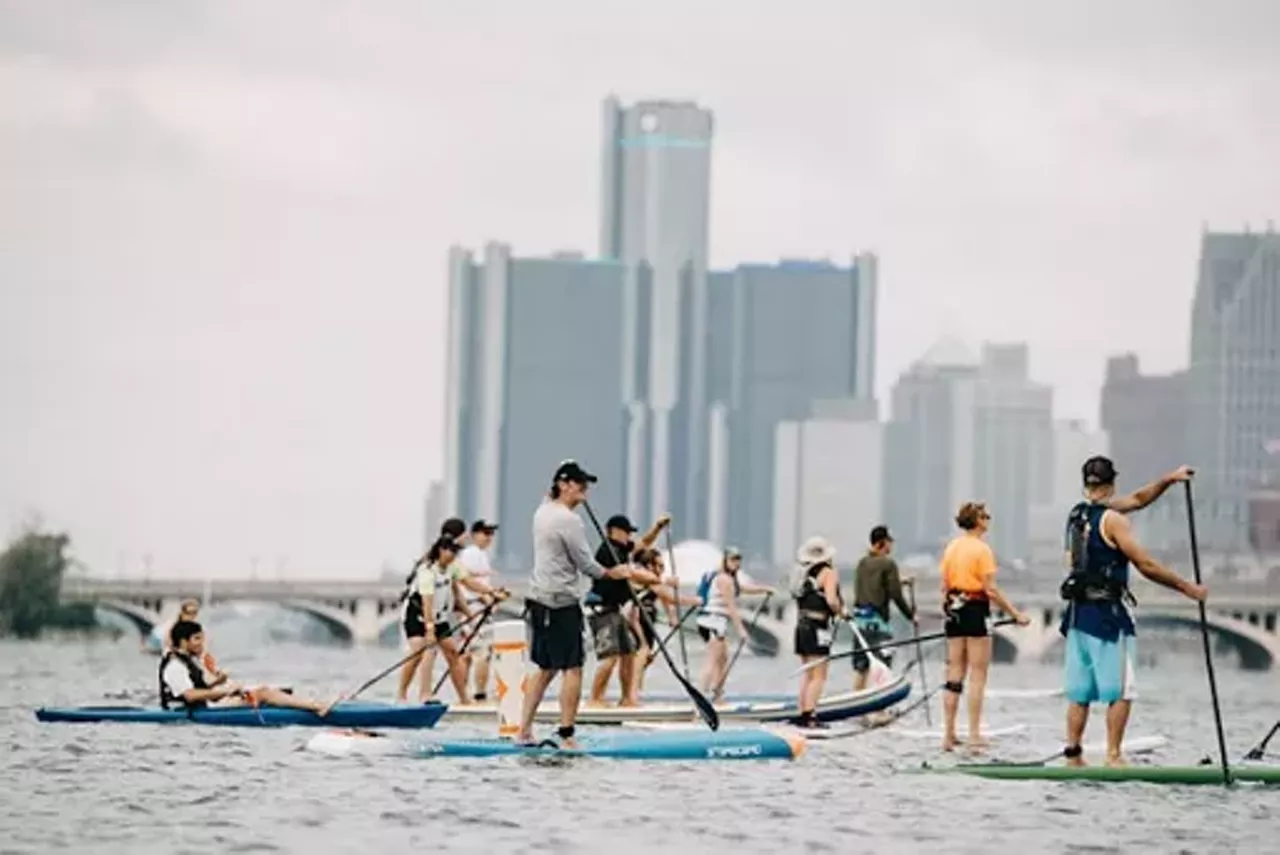
Underutilized waterfront
We’re the Great Lakes State, so one would think we’d at least have plenty of waterfront to enjoy. Unfortunately for beach bums, the land around the Detroit River was heavily industrialized early on. For decades, the unregulated dumping of industrial waste and chemicals into the water resulted in an alarming amount of water pollution. As such, the shoreline of the river was deemed unsafe for recreational use. There have been some efforts to make a space for humans along the river in recent years, including the development of the Detroit International Riverfront, which extends from the Ambassador Bridge in the west to Belle Isle in the east. Some more beaches would be nice though!Photo courtesy of OABI
12 of 20
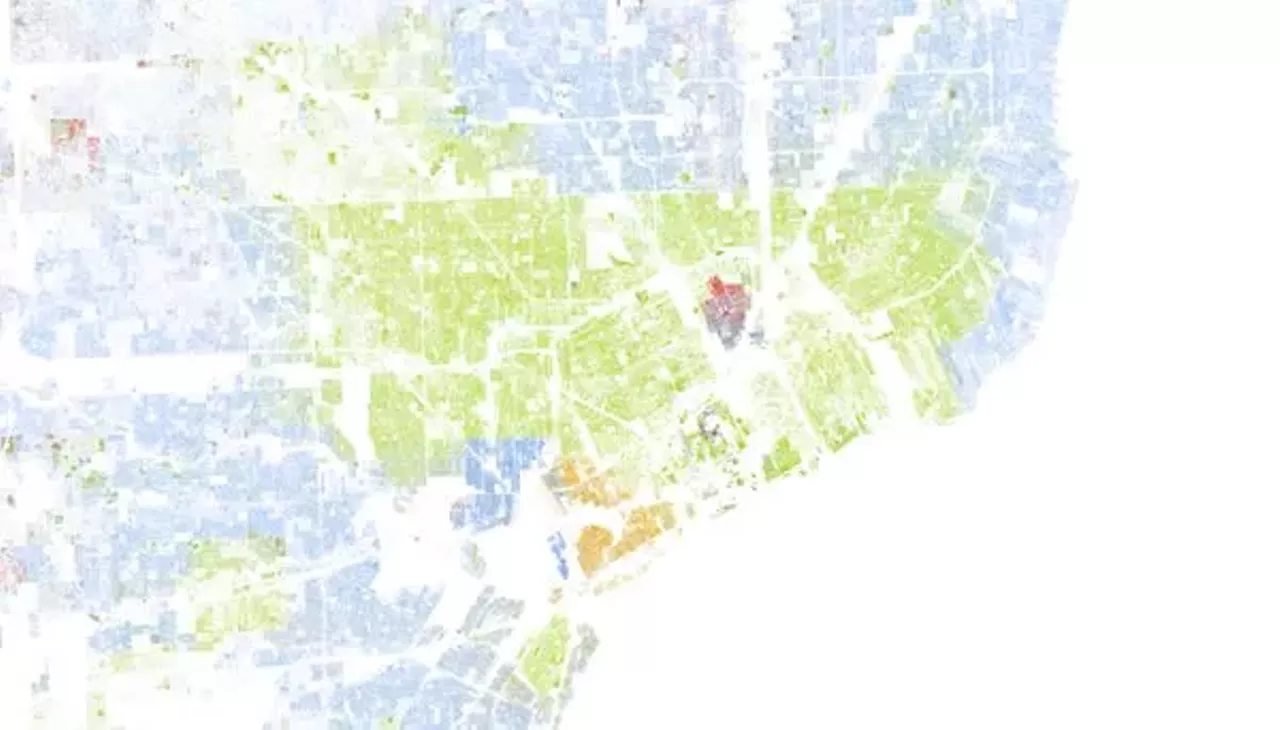
More segregation than usual
There was a literal wall built at Eight Mile Road, the northern border of Detroit, and some refer to it as Detroit’s Wailing Wall or the Berlin Wall. The wall is six feet high and one foot thick, and it stretches for a half a mile. At the time of its construction in 1941, the intention behind the wall was to separate white and Black residents. Today, parts of the wall have been converted into a mural and people on both sides of the wall are predominantly Black. However, segregation remains a concerning issue for Detroit and its surrounding suburbs — in 2018, a study by Apartment List indicated that metro Detroit is the third-most segregated large metropolitan area in the country.Photo by Racial Dot Map, created by Dustin Cable
13 of 20
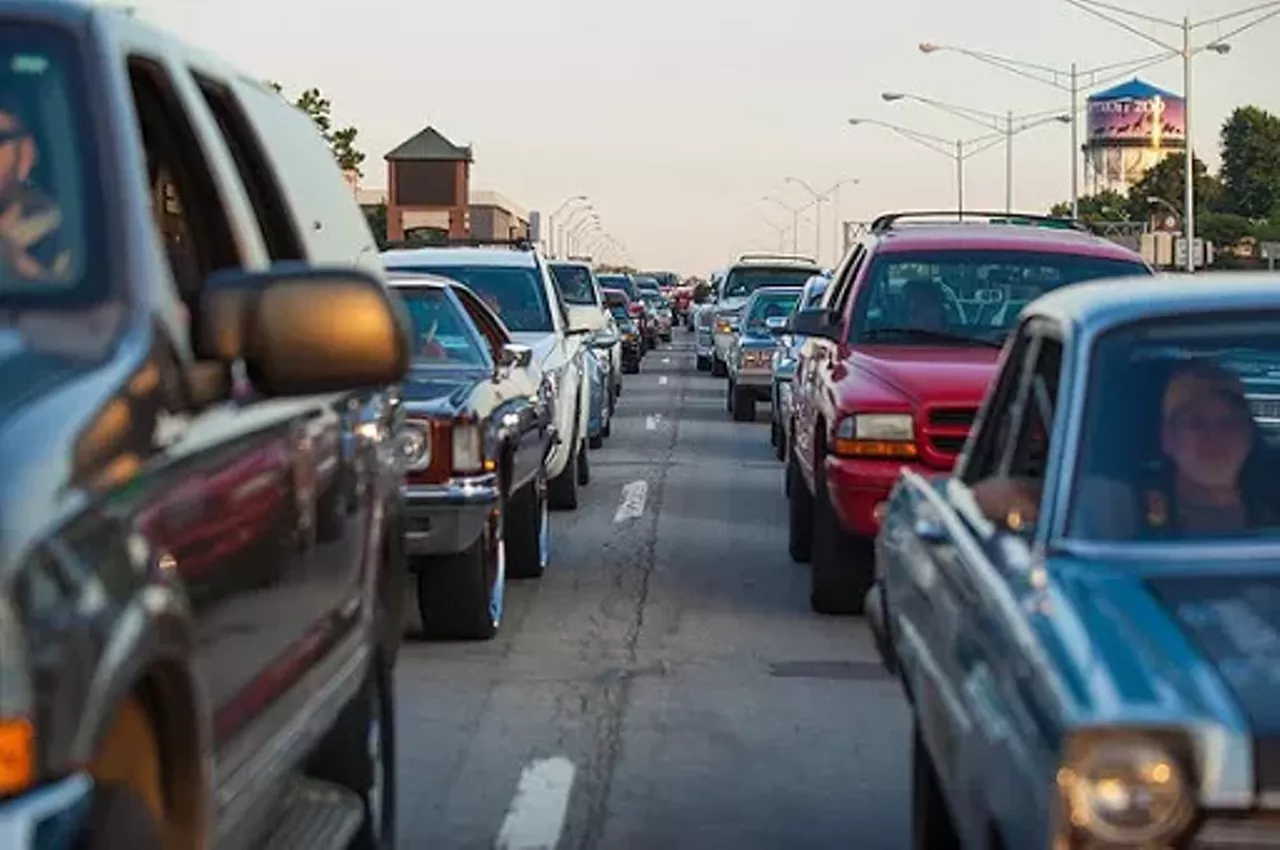
A traffic jam just for the hell of it
Classic cars and hotrods, oh my! The Woodward Dream Cruise is appealing to the eyes, but definitely not to anyone’s patience — hence why we’ll call this an artificial traffic jam. Every summer the Dream Cruise celebrates the Motor City by essentially allowing Detroiters to flex their cars that have spent the entire winter season collecting dust. The downside to all this is the inability to get in, out, or around Woodward. It’s like it’s Los Angeles around here for a week. Plus, there’s the pollution: We calculated that the Dream Cruise has a carbon footprint of roughly 400 metric tons of CO2 — or approximately the same as what 20 U.S. households consume in an entire year. Cough.Kelly Kline / Flickr Creative Commons
14 of 20
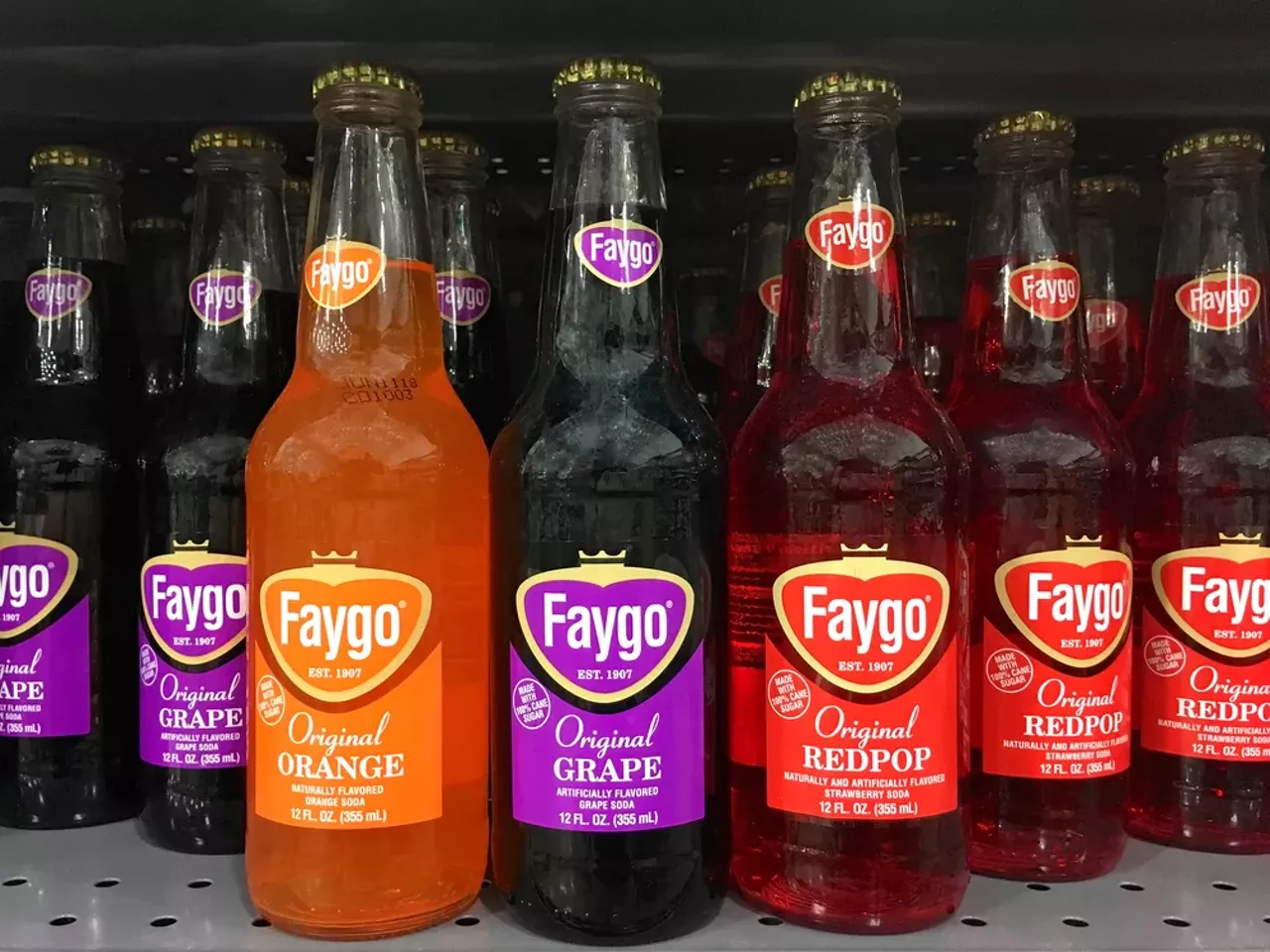
Detroit pop
First of all, we call it “pop” here, not “soda.” Where does one even begin? Faygo, the brightly colored pop, is a Michigan classic. From black cherry to the original red pop, Faygo has been staining lips for decades and you would be hard-pressed to track down a bottle of this bubbly anywhere else. We totally get why the Juggalos have adopted Faygo as their official family drink. Oh — and don't forget Vernors. Though the ginger ale brand has gone national, the Boston Cooler still remains a beloved Detroit treat. Pop a can of Vernors, add vanilla ice cream, and enjoy — because everyone else is missing out. Hell, we even use Vernors as a medicinal elixir here when we’re feeling under the weather.Sheila Fitzgerald / Shutterstock.com
15 of 20
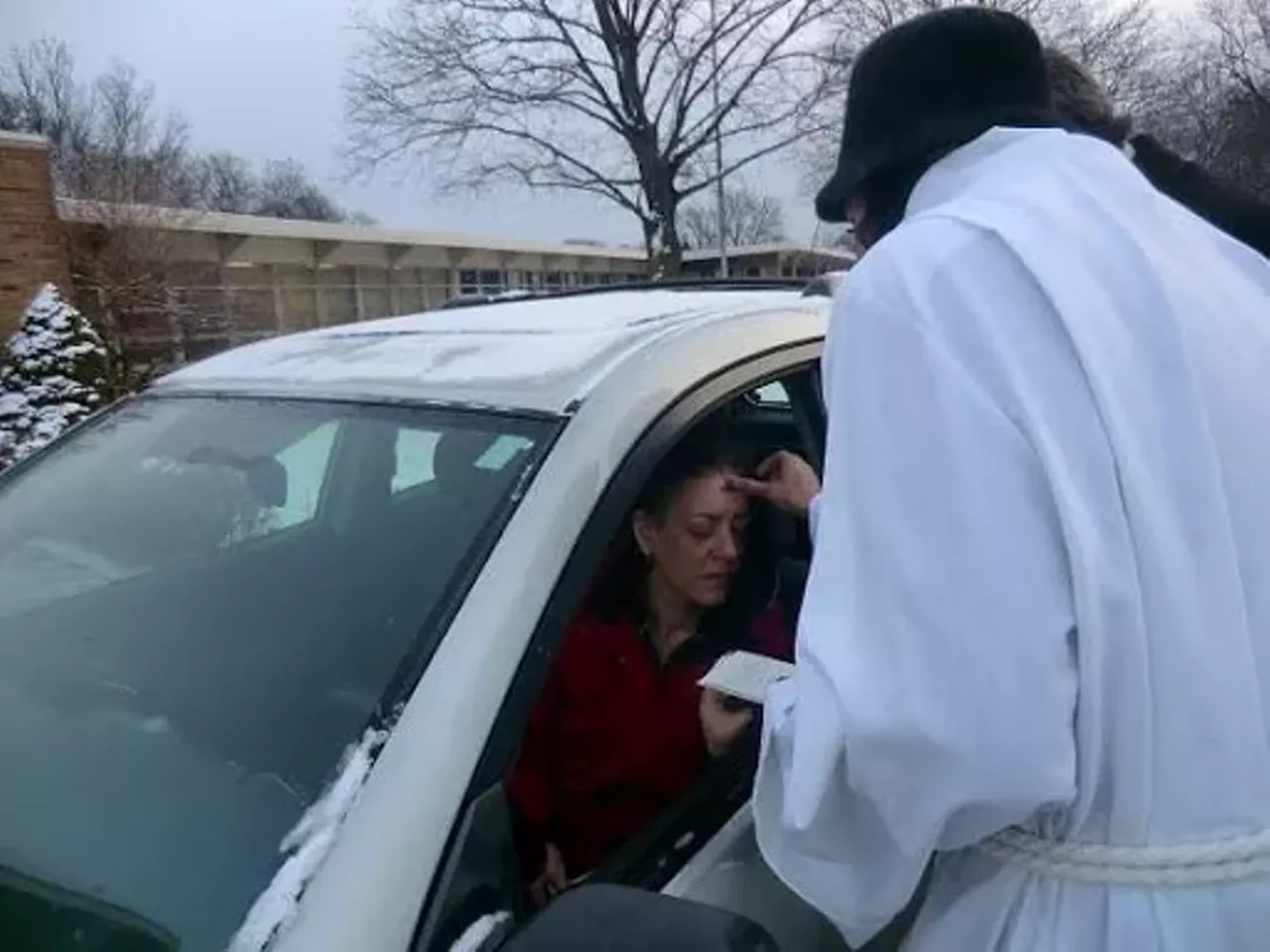
Drive-thru Ash Wednesday
This is pretty much the most Michigan thing ever. St. Dave’s Episcopal Church in Southfield makes it easier for Christians to receive their annual forehead smudge for Ash Wednesday. The drive-thru is accessible from 12 Mile Road, and motorists can enter from one of two driveways to receive their ashes, and then exit back onto 12 Mile Road.Photo courtesy of St. Dave’s Episcopal Church
16 of 20

Blight, blight, blight
Almost anywhere else in the world, large swaths of blight would be shocking. Sadly, in Detroit it’s become a normal part of the cityscape. A 2018 Metro Times investigation into the Land Bank's understanding of the scope of abandonment in the city suggests the agency has grossly underestimated the problem — raising concerns about just how much blight is left to tackle as it taps into its final allotment of federal demolition dollars. Based on a nine-month survey of more than 400 randomly selected vacant houses classified by the Land Bank as "unlikely to be blighted," the city could be dealing with about 40 percent more abandoned houses than it believes. There may be no way to truly know if the city and its wrecking crews have gained the upper hand on blight — or if they're merely playing a losing game of catch-up as vacant properties deteriorate and multiply.Photo by Violet Ikonomova
17 of 20
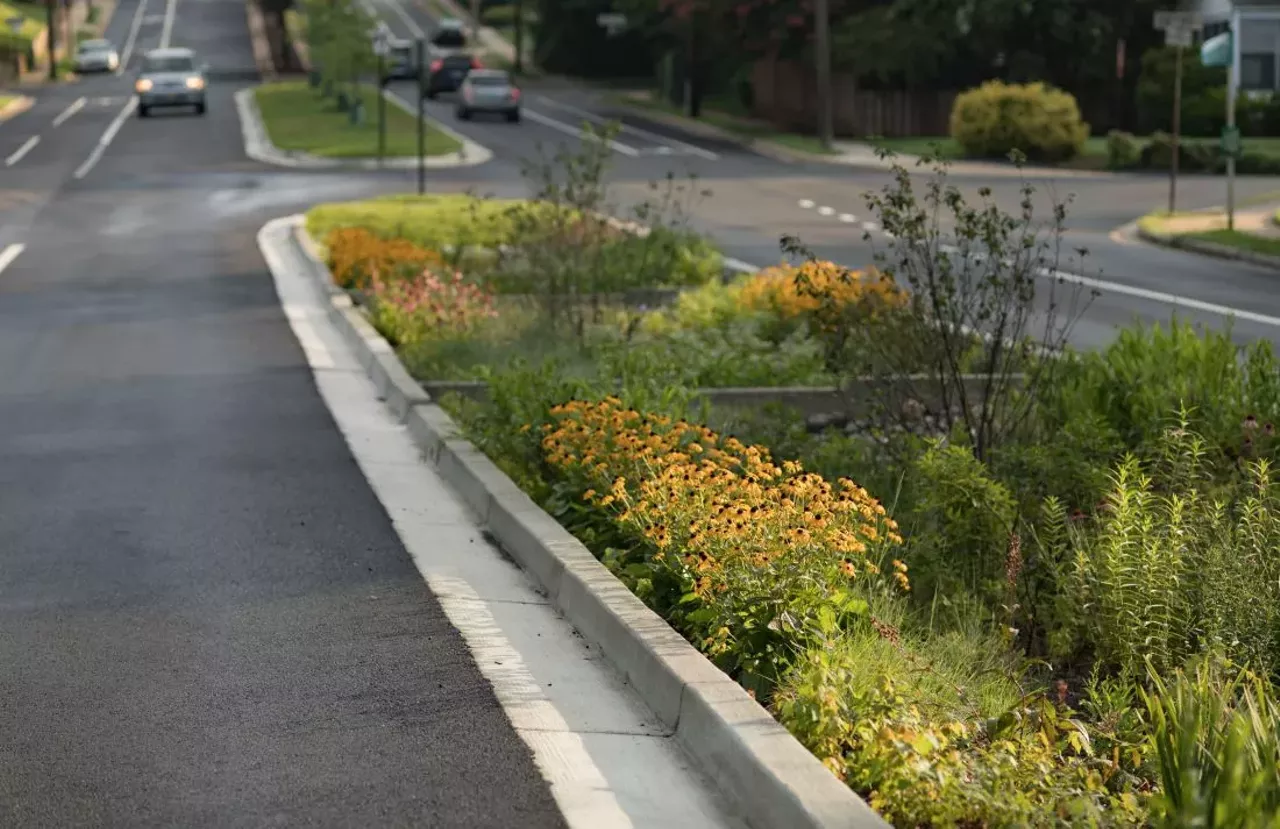
Michigan lefts
Oh, you wanna go right? Well then just keep driving straight or go left, at least if you’re in Michigan. These babies have been a part of our state since at least the 1960s, and they were created to save us time and keep us safer. While we were slow to embrace them at first, this peculiar invention has actually resulted in less left-turn collisions. Though other states are slow to catch on, we now regard our Michigan lefts with a kind of regional pride.tlindsayg / Shutterstock
18 of 20
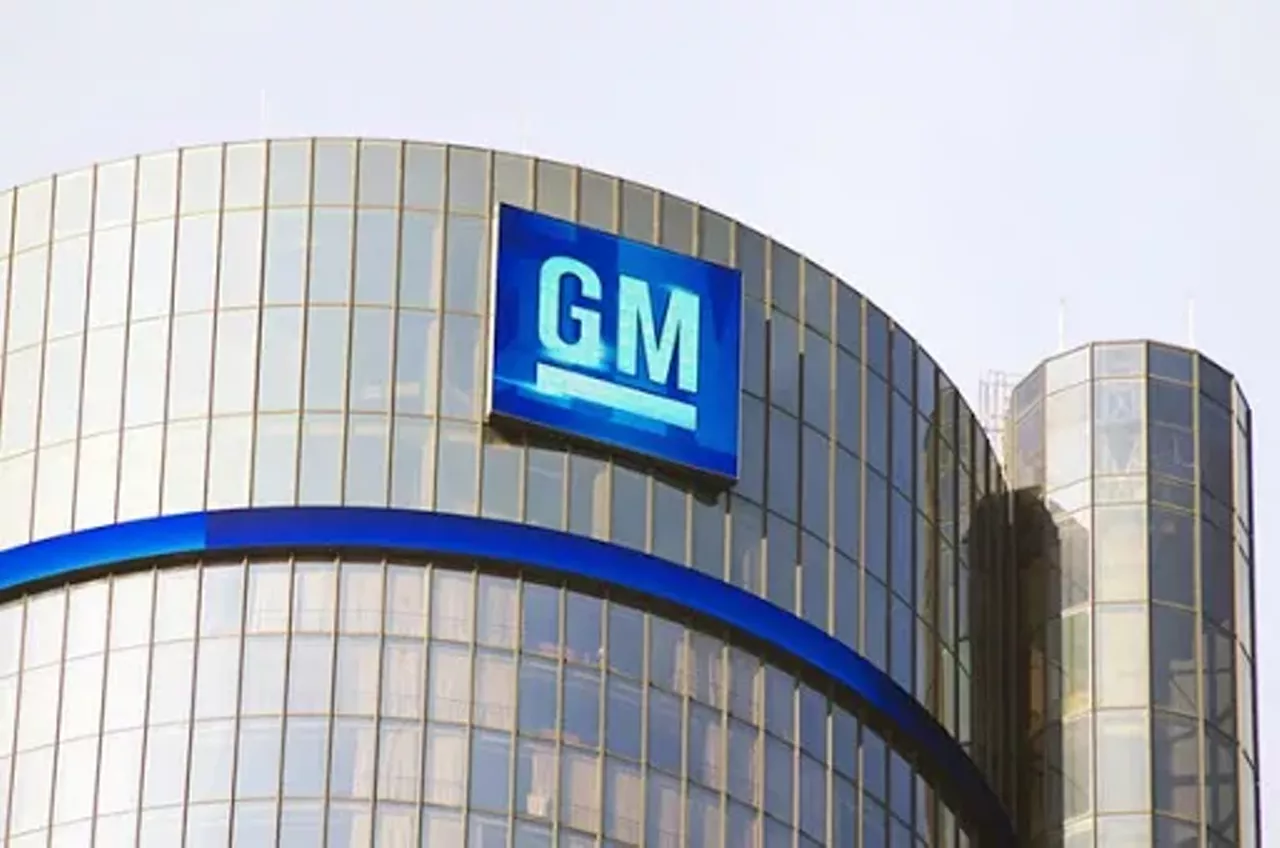
So many subsidies for corporations
In Detroit, it seems like it’s always Christmas for corporations. We cannot assume that business will be strong forever or that economic success will automatically translate into public benefit. In spite of the ample opportunities to learn this lesson (every vacant factory), we keep repeating these mistakes. It seems like all government does anymore is "economic development" rather than focusing on providing public services. Money is taken from the general fund to gamble on business developments, and discounts are sprinkled on wealthy landowners in NEZ-zones and cheap land deals. Recent examples include General Motors’ Detroit-Hamtramck Assembly, which was acquired through eminent domain in a move that was later deemed unconstitutional; in 2018, the company announced it would be closing the plants as part of massive nationwide cuts. There’s also the $300 million in tax breaks for Little Caesars Arena, a deal with no clear mechanism to recapture those funds.Linda Parton / Shutterstock.com
19 of 20
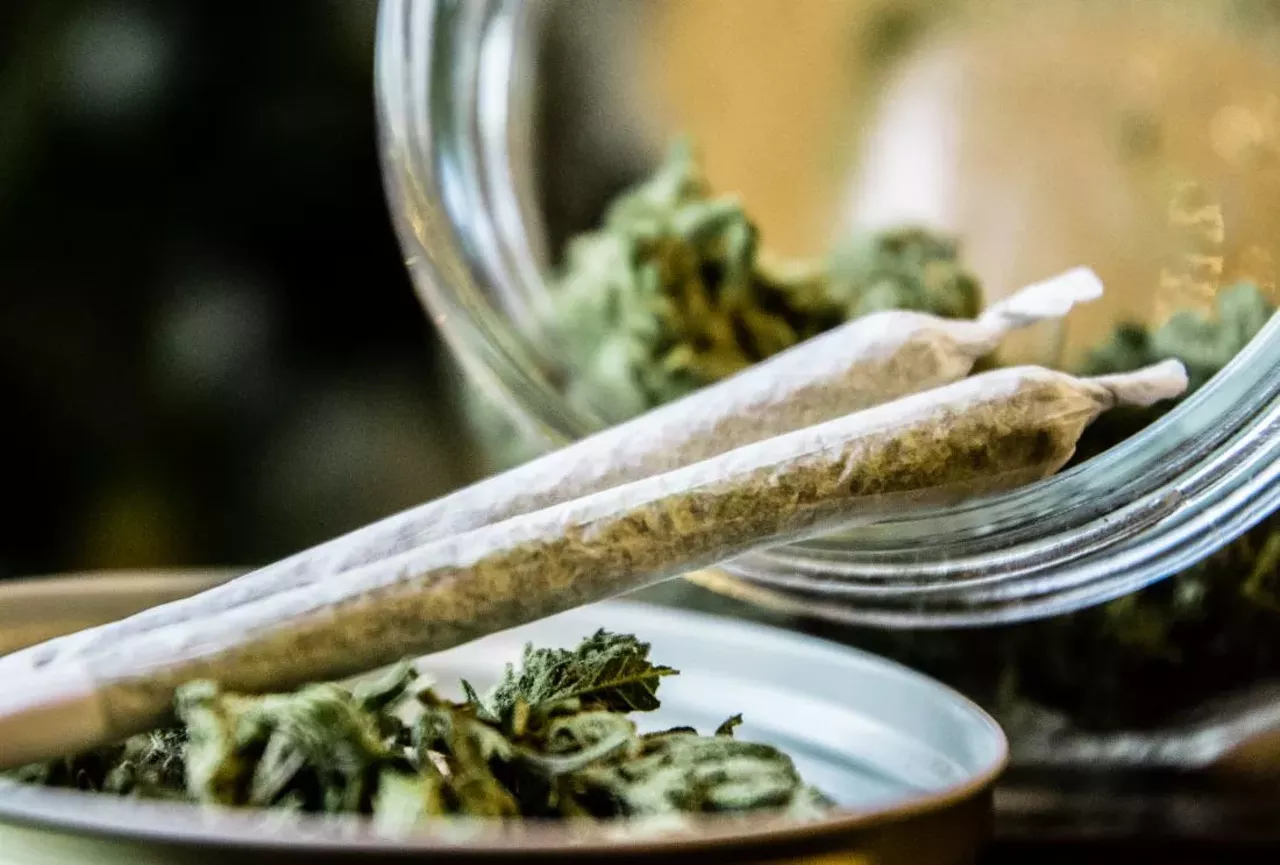
Weed
We have to admit, it felt very odd to smoke our first legal joints right in front of cops at the 2019 Hash Bash — the first held since Michiganders voted to legalize recreational marijuana. (Thanks, guys!) Michigan is the first state in the Midwest to legalize the leaf, and recreational pot shops are open for business — and thriving. We could get used to this.Mitch M / Shutterstock
20 of 20
- Local Detroit
- News & Views
- Things to Do
- Arts & Culture
- Food & Drink
- Music
- Weed
- Detroit in Pictures
- About Metrotimes
- About Us
- Advertise
- Contact Us
- Jobs
- Staff
- Big Lou Holdings, LLC
- Cincinnati CityBeat
- Detroit Metro Times
- Louisville Leo Weekly
- Sauce Magazine

